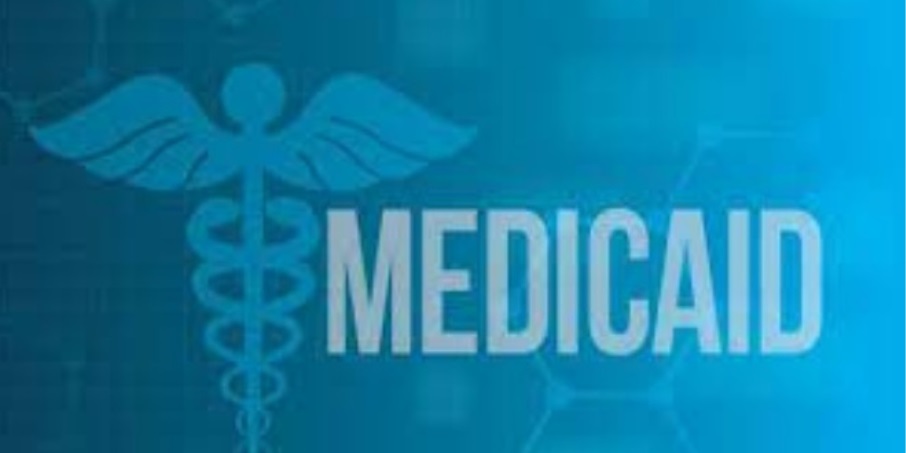
The Complexity of Unwinding Medicaid
The long-heralded Medicaid “unwinding” has begun. As previously reported, state Medicaid programs have, since the start of the COVID-19 pandemic, operated under a law that prohibited them from disenrolling Medicaid enrollees for the duration of the public health emergency (PHE). Congress changed that requirement in December 2022, delinking the Medicaid continuous enrollment obligation from the PHE. Congress told states it was time to re-start Medicaid eligibility reviews (as early as Feb. 1, 2023) and terminations (as early as April 1, 2023, with completion due by April 2024). Please check your status today.
Background
Since the start of the pandemic, US Medicaid enrollment has increased by more than 25%, to almost 91 million people. The resumption of Medicaid redeterminations will shock the system, threatening continuity of coverage for up to 18 million Americans (including nearly 7 million children). Some enrollees will lose Medicaid coverage because they are no longer eligible: they may now earn too much, or (in non-expansion states) they may have aged out of eligibility. Projections indicate, however, that almost half of coverage losses will occur among people who are still eligible. People who have moved since the start of the pandemic, people of color, non-English speakers, and people with disabilities are among those at especially high risk of coverage loss for administrative reasons. Alarmingly, a recent Urban Institute survey found that nearly 2/3 of responding Medicaid-enrolled adults had heard nothing about Medicaid renewals restarting.
Impact
Gaps in coverage are extremely dangerous for people with bleeding disorders and other serious health needs. HFA and allied patient groups continue to urge lawmakers to design their “unwinding” plans around the goal of mitigating coverage losses and preventing such gaps. (Protective steps should include, e.g., communicating with enrollees in plain language and via a variety of channels, not just “snail mail;” allowing enrollees to renew their coverage online or via phone; spreading out redetermination caseloads over the full period allotted; and facilitating transitions to the Marketplace for those losing Medicaid coverage).
At the grassroots level, HFA recognizes the important role that patient organizations can play in raising awareness. We are reminding community members with Medicaid coverage to make sure they’ve updated their contact information, and urging them to watch for and respond to communications from their state Medicaid programs. Working with NHF, HFA has compiled an easy-to-use outreach toolkit. We encourage member organizations, HTCs, and other partners to use that resource and join us in amplifying news about the resumption of Medicaid redeterminations. Watch, too, for an upcoming second phase of outreach that will outline options for people who may end up losing their Medicaid coverage as part of the “unwinding.”
Quick Hits
- U.S. Representatives Buddy Carter, Nanette Barragan, Mariannette Miller-Meeks, and Diana DeGette introduced the HELP Copays Act, H.R. 830, on February 9, 2023. This bipartisan bill (like its predecessor from the 117th Congress, H.R. 5801) would bar harmful copay accumulator adjusters, ensuring that patients fully benefit from cost-sharing programs that are supposed to help them afford their medications. HFA and allies in the All Copays Count Coalition strongly support this legislation and will be advocating for its passage, while simultaneously supporting efforts to pass state-level bills on the same topic.
- Also on February 9th, the Biden Administration gave formal notice that the COVID-19 public health emergency will end on May 11, 2023. The expiration of the PHE, while no longer linked to the Medicaid unwinding (above), still will impact numerous other health programs. Among other changes: Medicare will no longer cover at-home COVID-19 tests; private health plans may begin charging for lab and at-home COVID tests; and DEA proposed rules will end the waiver allowing telehealth-only visits with prescribers of controlled substances like Adderall or OxyContin.
- The U.S. Centers for Medicare & Medicaid Services announced plans to develop a new payment model to expand access to potentially high-cost cell and gene therapies within the Medicaid program. This model would allow state Medicaid agencies to delegate authority to CMS to coordinate “outcomes-based payment arrangements” with cell and gene therapy manufacturers, basing payments on how well the therapies work.
- Thirty-four U.S. Senators asked HHS Secretary Xavier Becerra to restrict the sale of short-term, limited duration health plans (a form of coverage that does not have to meet Affordable Care Act standards for coverage, affordability, or non-discrimination). While such rulemaking has been in the works for months, the Senators urged HHS to act soon, protecting the millions of Americans who will enter the insurance markets as they lose coverage during the Medicaid unwinding.
- On Thursday, February 16th, the U.S. Senate Committee on Commerce, Science, & Transportation held a hearing on S. 127, a bill to bring transparency and accountability to pharmacy benefit managers. This measure would require the Federal Trade Commission to document well-known PBM practices, including spread pricing and clawbacks, which can play a role in driving up drug prices. Witnesses testified that S.127 could help pass savings to patients and could help shed a light on other harmful practices, like copay accumulator adjusters, perhaps paving the way for further reforms such as the HELP Copays Act.
Source: Hemophilia Federation of America